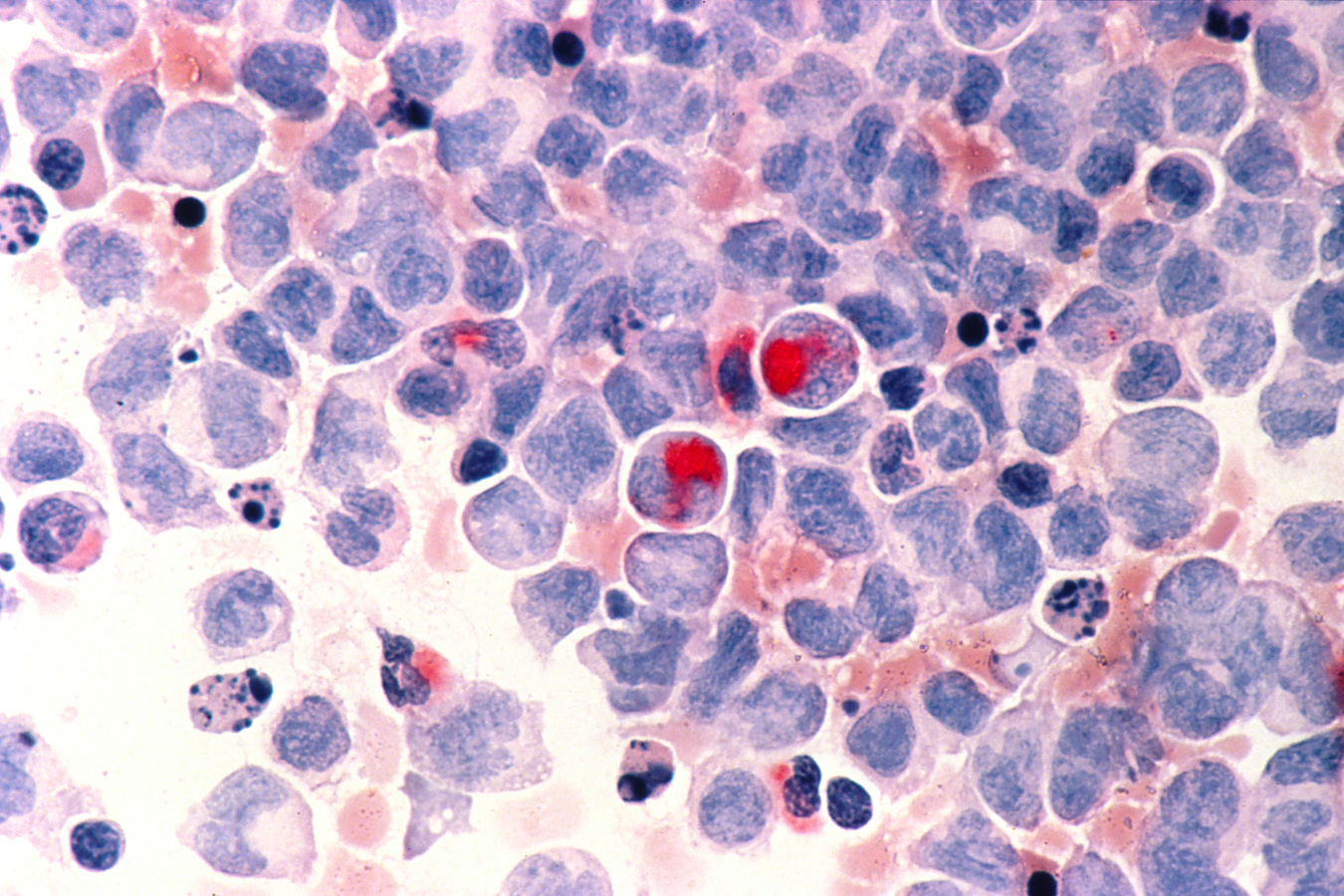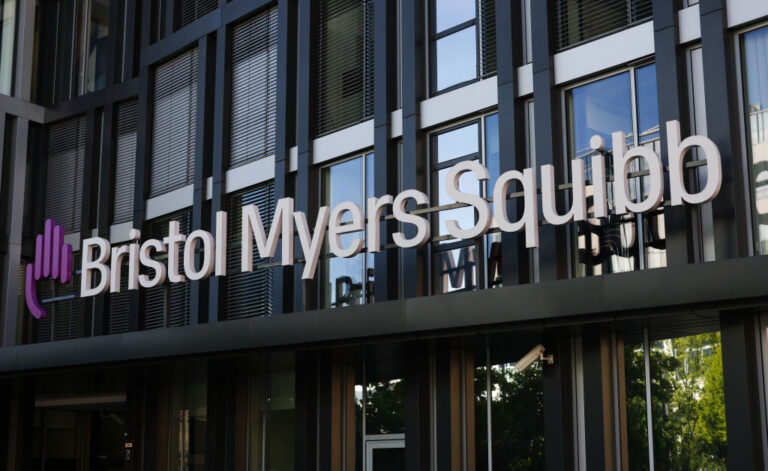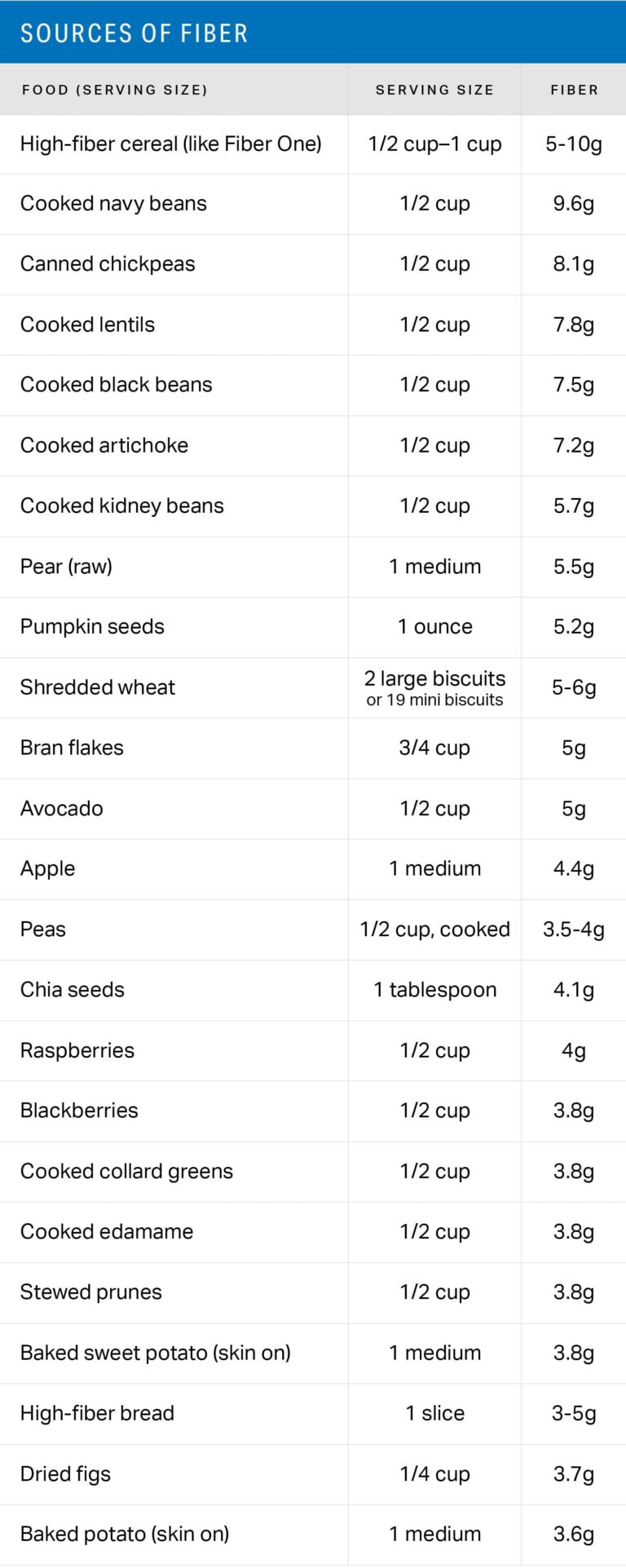
A Kura Oncology and Kyowa Kirin-partnered drug vying to become the first FDA-approved treatment for cases of acute myeloid leukemia (AML) carrying a particular genetic signature will have its regulatory review supported by clinical data showing the therapy achieved statistically significant improvement in signs and symptoms of the disease. But the companies held back on revealing details of the results until the full presentation of the data this week during the annual meeting of the American Society of Clinical Oncology in Chicago.
The Kura drug, ziftomenib, is part of a new class of therapies designed to block menin, a protein that supports cancer growth in leukemias. Kura’s oral small molecule is specifically designed to address leukemias characterized by mutations to the NPM1 gene, which the San Diego-based biotech said represent about 30% of all cases of AML.
The Phase 2 portion of the open-label Phase 1/2 study included 92 adults whose AML had mutations to NPM1. These patients had disease that had relapsed or did not respond to earlier therapies. About 33% of study participants had received three or more prior lines of therapy and 59% were previously treated with the cancer drug Venclexta, which is marketed by AbbVie and Genentech. Also included were those ineligible for other leukemia treatments, such as a hematopoietic stem cell transplant.
Ziftomenib is administered as a once-daily pill. In the pivotal Phase 2 portion of its trial, the drug led to a remission rate of 23% — 21 of 92 patients — according to results presented at the ASCO meeting on Monday. Of those 21 patients, 13 achieved complete remission and eight achieved complete remission with partial hematological recovery. The median duration of these responses was 3.7 months. Of those who responded to the therapy, median overall survival was 16.4 months; for non-responders, median overall survival was 3.5 months. Treatment-related adverse events reported from the study include anemia, neutropenia, and QTc prolongation, which is an irregular heart rhythm.
Dr. Eunice Wang, chief of leukemia service, Roswell Park Comprehensive Cancer Center as well as investigator in zifomenib’s pivotal study, said the three patients reported with QTc prolongation were also taking medications known to cause the adverse cardiovascular effect. Furthermore, two of these patients had electrolyte abnormalities that could have contributed to the complication.
“None of the investigators deemed any of these QTc prolongations to be significant and none of the patients ended therapy because of QTc prolongation effects,” Wang said, speaking during a Kura conference call Monday evening.
Ziftomenib was originally developed by Kura. Late last year, Tokyo-based Kyowa Kirin paid $330 million up front to begin a collaboration on the drug. Kura will lead commercialization in the U.S. while Kyowa Kirin has commercialization rights in the rest of the world. Kura is in line for up to $1.2 billion in milestone payments. On Sunday, ahead of the ziftomenib ASCO presentation, Kura and Kyowa Kirin announced the FDA had accepted the new drug application for ziftomenib, granting it priority review with a Nov. 30 target date for a regulatory decision.
The first menin inhibitor to reach the market was Syndax Pharmaceuticals’ Revuforj, which received its FDA approval last November. Syndax’s drug address mutations to KMT2A, a gene that also relies on menin. A Phase 3 test of this drug is ongoing in AML driven by NPM1 mutations.
In a note sent to investors Tuesday, Leerink Partners analyst Jonathan Chang wrote that the ziftomenib data presented at ASCO reinforce the drug’s benefit-risk profile and support its potential approval. He added that the Kura drug could have a safety edge over Syndax’s drug (known scientifically as revumenib), which posted similar adverse events as ziftomenib’s pivotal study but at higher rates.
“Overall, ziftomenib continues to demonstrate comparable efficacy with a more favorable safety profile relative to revumenib,” Chang wrote. “We view these data as supportive of ziftomenib’s potential approval in [relapsed/refractory] NPM1m AML and as reinforcing its competitive positioning within the menin inhibitor landscape.”
Public domain image from the National Cancer Institute






